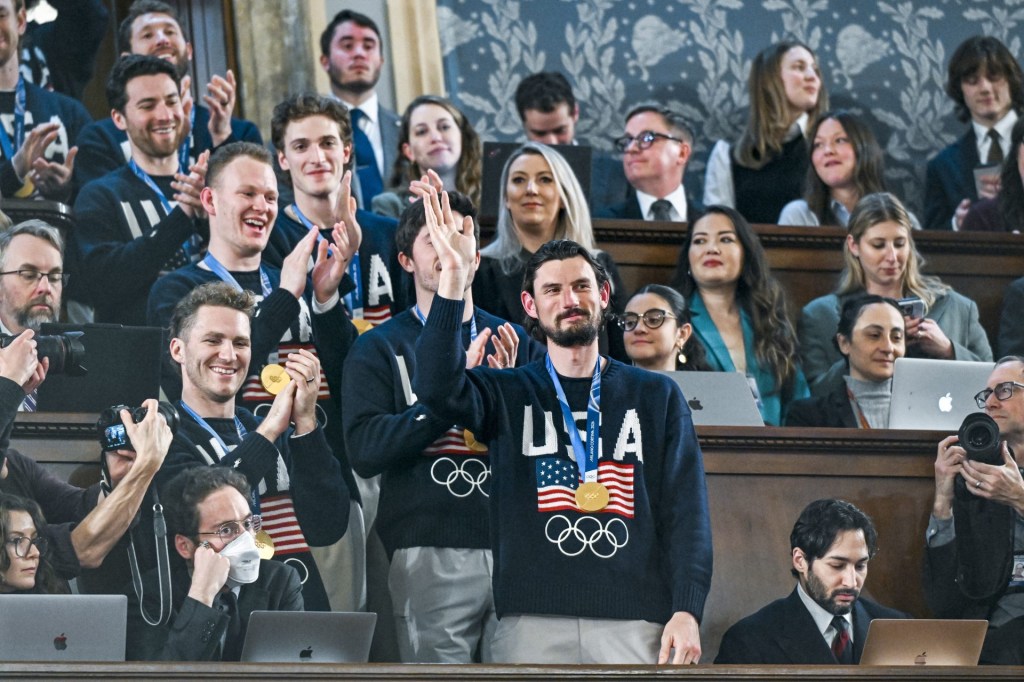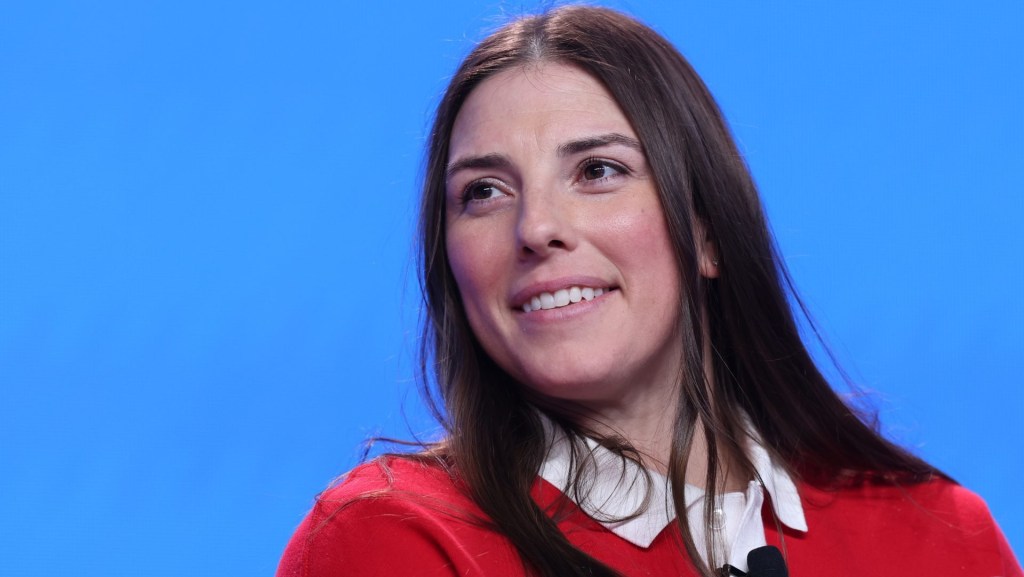NHL history has been made after all, as the Wild have signed star winger Kirill Kaprizov to an eight-year, $136 million contract extension, the largest deal in league history.
Earlier this month, Kaprizov turned down a $128 million offer, over the same eight years, that also would have been the NHL’s largest contract. Despite the inability then to reach an agreement, Wild owner Craig Leipold and GM Bill Guerin remained confident that an accord would ultimately be found, with Leipold in particular saying that “there’s no better human being or better hockey player or better person than Kirill. I think it will be a good conversation that we’ll have with him.”
Minnesota’s revised offer adds $1 million to the contract’s average annual value, with the new figure of $17 million setting another NHL record. The agreement, beginning with the 2026–27 season and running through the 2033–34 campaign, arrived 12 days after the Wild started training camp for the upcoming season.
A top offensive player since his arrival in the NHL five years ago, Kaprizov has logged three 40-goal seasons. At 28, he could now be entering his prime years. Kaprizov breaks records for overall contract size and AAV previously held by the Oilers’ Leon Draisaitl.
New-Look Economics
The Kaprizov deal reflects the fast-growing fiscal state of the NHL. The league’s salary cap, now at $95.5 million for the upcoming 2025–26 season and up from last year’s $88 million, is estimated to jump to $104 million in 2026–27 and $113.5 million in 2027–28. That increase, fueled largely by accelerating revenues in the sport, means that the NHL salary cap will spike by more than 25% over a three-year period.
The pact is likely to be a direct influence on other major NHL stars who also are eligible for contract extensions and are approaching free agency, most notably Oilers superstar Connor McDavid. The three-time league Most Valuable Player has yet to make a decision about his professional future.
Any individual player can sign for as much as 20% of a team’s salary cap, meaning that waiting could yield an annual salary of more than $20 million.







![[Subscription Customers Only] Jun 15, 2025; Seattle, Washington, USA; Botafogo owner John Textor inside the stadium before the match during a group stage match of the 2025 FIFA Club World Cup at Lumen Field.](https://frontofficesports.com/wp-content/uploads/2026/02/USATSI_26465842_168416386_lowres-scaled.jpg?quality=100&w=1024)
![[Subscription Customers Only] Jul 13, 2025; East Rutherford, New Jersey, USA; Chelsea FC midfielder Cole Palmer (10) celebrates winning the final of the 2025 FIFA Club World Cup at MetLife Stadium](https://frontofficesports.com/wp-content/uploads/2026/02/USATSI_26636703-scaled-e1770932227605.jpg?quality=100&w=1024)




![[US, Mexico & Canada customers only] Feb 6, 2026; Riyadh, SAUDI ARABIA; Jon Rahm in action during the third round of play at LIV Golf Riyadh at the Riyadh Golf Club.](https://frontofficesports.com/wp-content/uploads/2026/03/USATSI_28173562_168416386_lowres-scaled.jpg?quality=100&w=1024)

![[US, Mexico & Canada customers only] Sep 28, 2025; Bethpage, New York, USA; Team USA's Bryson DeChambeau reacts after hitting his approach on the 15th hole during the singles on the final day of competition for the Ryder Cup at Bethpage Black.](https://frontofficesports.com/wp-content/uploads/2026/03/USATSI_27197957_168416386_lowres-scaled.jpg?quality=100&w=1024)

